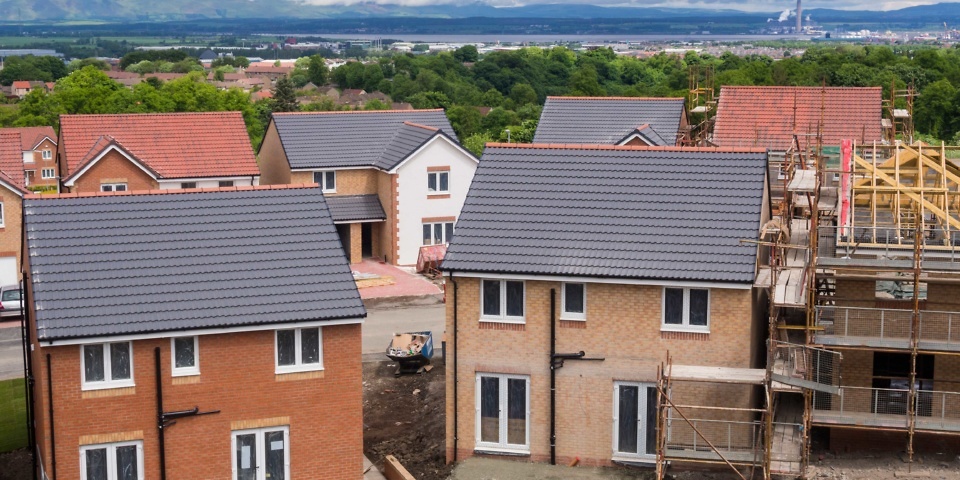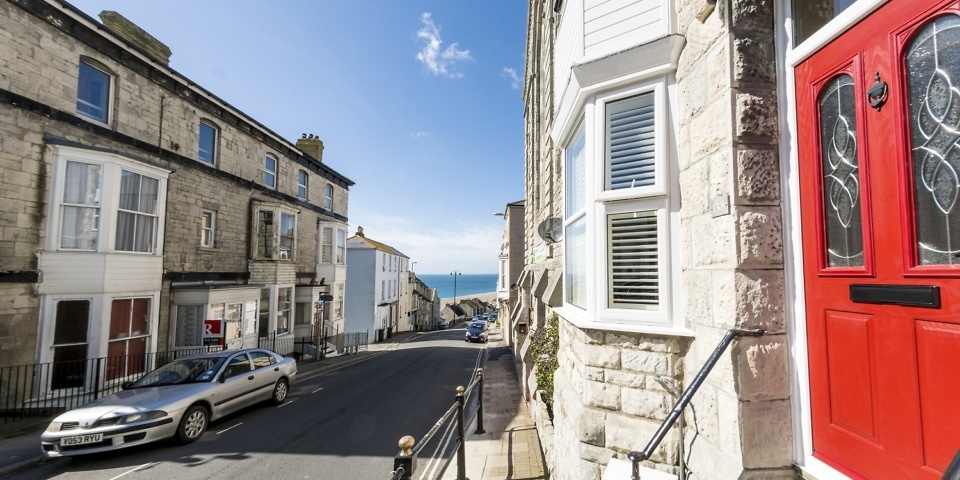
Over three-quarters of first-time buyer mortgage applications were approved last quarter. But how can you make sure you’re among the testimonials when trying to get the first home loan?
In the first quarter of 2022, 76% of first-time clients who applied via a broker or intermediary were offered a mortgage, figures in the Intermediary Mortgage brokers Association show. By comparison, 2 yrs prior, just 48% of first-time buyers were approved.
To some extent, getting approved for a mortgage can be the lending company – but you will find steps you can take to enhance your chances.
Below, we round up the very best tips for ensuring your first home purchase goes smoothly.
1. Know how much you can afford
Before you even start house-hunting, it’s important to see how much you can realistically afford – there’s no point making an application that the lender is simply likely to reject.
The higher the deposit you place down, the less you have to borrow, and you could unlock better rates of interest by purchasing at a lower loan-to-value ratio. So it’s worth gathering as big a deposit as you possibly can.
The lender will even consider whether you really can afford to meet your mortgage repayments, taking into account your current income and expenses. Typically, you can borrow four-and-a-half times your income.
Use the calculator below to work out how much you could realistically borrow:
2. Look at your credit score
Aside from affordability, lenders will even want to know how creditworthy you are, and one of the things they’ll check is your credit rating.
Your credit score can be affected by an enormous selection of factors, in the way you pay your bills to the amount you put on your credit card every month.
Most people don’t think much regarding their credit score until they need to make an application for their loan – and might maintain for an unpleasant surprise. So it’s worth checking your score well in advance of applying for a home loan.
If it’s worse than you thought, you may want to spend time building up a good credit score history before choosing. It’s also worth checking your credit report for just about any errors and achieving those corrected.
3. Apply for a mortgage in principle
A mortgage in principle is an agreement from the lender to give you a set amount – in theory.
It implies that, based on your present circumstances, you’re able to secure finance. Inside a competitive market, sellers might be a lot more willing to accept your offer for those who have an agreement at hand.
Once you discover the home you want to buy, you’ll still need to apply, and the lender will take into account the particular property, as well as any changes in your circumstances.
4. Exercise your eligibility for schemes
There exist several schemes available to assist first-time buyers buy a home. While offering a helping hand to aspiring owners, many of them include exceptions that you should be sure you completely understand.
If you’re likely to make use of a Assistance to Buy equity loan, for example, you can only purchase a new-build property. Additionally, it needs to be worth under lb600,000.
On the other hand, a Help to purchase Isa doesn’t have to be used for one new-build to generate the bonus, however the property must be worth under lb250,000 (or lb450,000 in London).
Affordable housing schemes, meanwhile, tend to have their very own rules, with many requiring you to reside in your local area. Check what’s required and whether you qualify before relying on these schemes as a leg-up.
5. Stay in your price range
It’s one thing to do your homework before house-hunting. But with home of your dreams on the line, you might be lured to create a higher offer simply to beat out your competition.
Make sure you stay within the selection of your mortgage in principle, or even the range you’ve previously exercised that you could afford.
Also, ensure you’re not overpaying. Lenders need to make sure that the house you’re offering as security is worth the loan amount.
If you are offering too much, and the lender decides the home isn’t worth much, they may not grant the loan.
6. Update all your address details
Getting a mortgage involves a mountain of paperwork, and lenders have a tendency to check every last detail.
Any discrepancies – for instance, when the address in your driving licence doesn’t match the electoral roll – could result in your application being delayed or even rejected.
For this reason, it’s worth checking every piece of evidence you’re likely to submit and making sure all of your facts are updated and proper.
7. Have proof of your deposit
The lender will want you to show evidence of your deposit – and you’ll also need to show where it came from.
If you’ve been saving up, lenders may wish to see proof of a savings pattern, including a minimum of three months’ price of bank statements (and frequently much more).
If you’ve received the deposit as a gift, you’ll need to provide a letter from the donor.
Beware of gifted deposits that come loans. If your parents require that you repay the deposit, the lending company may treat this like a debt and factor it into your affordability.
8. Know whether your loved ones can help
If you’re can not get approval for a financial loan, you might want to people for assistance out of your family.
It’s worth investigating your options early, so you and your loved ones don’t have to scramble to make a decision at the last minute.
A few potential choices are guarantor mortgages or offset mortgages. Both include risks, so take a seat together with your relatives to work out precisely what they're and aren’t comfortable doing.
9. Plan for solicitor fees and application costs
While the deposit is often the biggest hurdle when purchasing a home, you’ll should also budget for the rest of the expenses of buying.
Some mortgages have application fees, which could be up to lb900, when you might need to pay a fee towards the broker.
Your solicitor fees will also need to get paid, as well as the costs of having a home survey done.
10. Factor in stamp duty
Since November 2022, first-time buyers have been granted a stamp duty exception in a few circumstances – namely, if the property they’re buying is worth less than lb300,000.
If your home costs between lb300,000 and lb500,000, you’ll pay just 2% on anything above lb300,000. But if the property costs more than lb500,000, you’ll pay stamp duty in the normal rates.
The rates are slightly different in Scotland and Wales.
Use our stamp duty calculator to work out whether you’re likely to face a tax bill.
11. Be prepared to pay your exchange deposit
Your offer continues to be accepted, your mortgage application has been approved and contracts are now being exchanged – you’re almost there!
At this time, you’ll regularly be inspired to offer an exchange deposit, usually 10% from the property price. Generally, this is the deposit you’ve saved up to secure a mortgage.
The difficulty pops up when you’ve taken out a 95% mortgage, but the seller expects a 10% deposit. You may need to negotiate for any smaller deposit on exchange.
If you pull out after you’ve exchanged contracts, you may forfeit your deposit. So if you make it to exchange, make certain you’re in a position to go through using the sale.
12. Get a mortgage broker
As a first-time buyer, it may be daunting to navigate the mortgage process and discover the best offer.
A large financial company can help you find the right mortgage deal for your circumstances, and help you submit the best possible application.








